Prior to his current position as a sports consultant, Bonett was an Integrity Officer with UEFA for eight months. Before that he spent six years as head of the legal department at the MFA, three of which he also held the position of vice-president.
When speaking about the current law, Bonnet says that the process of its formation was a concentrated effort by the Government and the Opposition as well as technocrats in the field. “Everyone pitched in and worked together,” he said.
On a more personal note, Bonett remarked that unfortunately he was not blessed with footballing talent so instead he decided to specialise in sports law rather than other specialities that could be more financially rewarding.
"I would literally chop one arm to be given the opportunity to play at a senior level or for my national team and what really vexes me and makes me angry is that there are people who are privileged enough to be given the talent to do that and they ruin it in this way. I can never forgive these people."
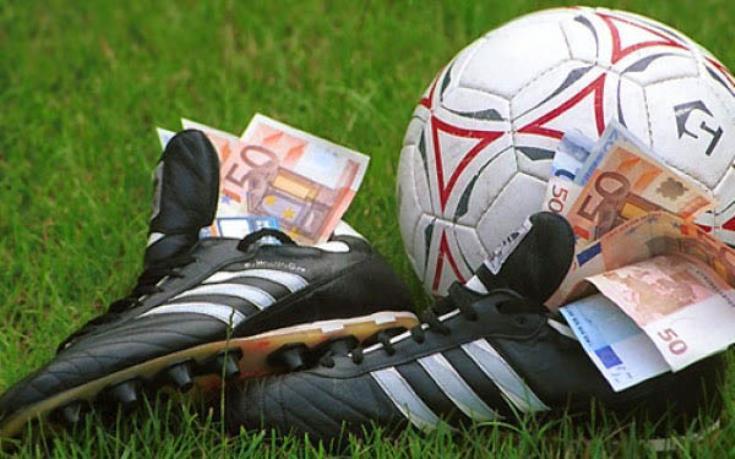
Establishing the current law
The Bill was the brainchild of the MFA and Bonnet’s involvement started back in 2015 where, together with integrity officer Frans Tabone and general secretary Bjorn Vassallo they worked to create a task force.
It all stemmed from a newsletter the integrity officer had issued when he declared that corruption might be present in local clubs. “There were several people who requested that the statement be retracted. Instead we took it as an opportunity to take stock of the situation and see what we could do about it,” Bonett explained.
The task force was formed and was composed of the MFA, the government, the Opposition, SportMalta, the police, Malta Gaming Authority and in the latter stages when the Bill was being discussed, the AG.
“We had a frank discussion on the way forward. At the time, we knew there were instances of match-fixing. In fact, we already had cases as a country: the national team two years ago, and after the task force was in place we had the case of the under 21s. So it was an issue we had to tackle”.
At the time, the Council of Europe had published a convention on the Manipulation of Sports Competitions which Malta did not sign due to the definition “illegal sports betting”. This would have effectively rendered illegal all operators who offer their services via an MGA licence in other European states. All were in favour of vetoing the convention including the government and the Opposition.
Taking all the other parts of the convention, the task force decided it should be transposed into law since the law at the time was outdated. The previous law was enacted in 1976 and although at the time was at the forefront of match-fixing laws, today it was outdated with no mention of online betting.

“This crime is not about the sport, the sport is just the vehicle. In 2012 I attended a conference where someone from Interpol said that match-fixing generated as much money as the Coca-Cola industry and in 20 years this would be the most popular crime in the world,” Bonett said.
With match-fixing there is no visibility and nothing physical, it is only by word of mouth. Furthermore, it is very difficult to detect as players can have a bad game. All this makes match-fixing an ideal way for money to be laundered by other organised crimes. “There is big money involved in this,” Bonett explains.
Abroad, it is usually the lower leagues which are targeted because the players are paid less and paying for their involvement in corruption is therefore less expensive. In Malta it is different; it is usually the premier league which is targeted as players do not earn as much money as their counterparts abroad. That makes Malta and other small countries very vulnerable.
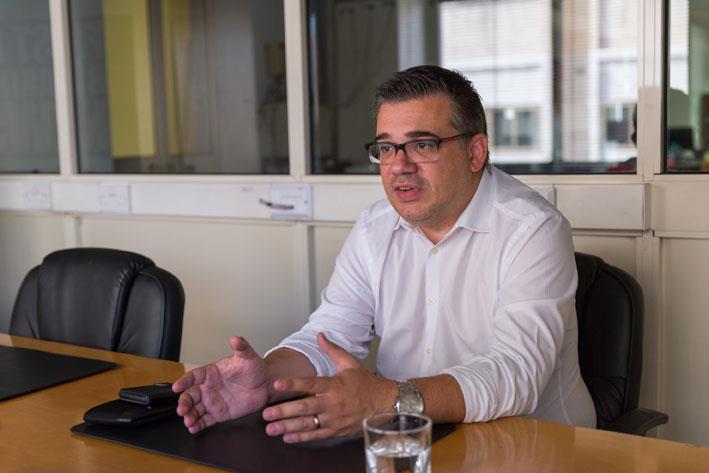
Key changes to the new law
The new law now sees harsher punishments for anyone who manipulates a sporting event. Whoever is convicted of this crime shall be liable to imprisonment of up to three years and a fine of €5,000 to €30,000.
Bonett explains that the law does not allow for a suspended sentence as “we wanted to send out a message that Malta is taking this seriously. I know as a lawyer I should not say this because the suspended sentence has its own purpose in our law but the message that it sends to the public sometimes is not right”. The suspended sentence means you are still guilty of the crime but the message it conveys is that a person gets off scot-free.
There are also harsher consequences known as aggravating circumstances which apply to someone who is involved in match-fixing but is part of an association, a public officer, an employee with a gaming operator or SportMalta, an athlete, support staff, a match official or club official
“You can never fix a match if you do not have players involved in it but studies have shown that players alone do not do it in the large majority of situations. There has to be someone who convinces them to do it or even forces them. There are also victims of match-fixing – we are dealing with organised crime.”
The new law also incorporates wider jurisdiction, which as Bonett notes is a very important change. “We had problems in the past where there was a match-fixing case abroad and because our law did not allow Maltese nationals to be prosecuted for crimes committed abroad we could not prosecute. Now it is open – wherever you are, whatever you gain, if there is a slight link to Malta, the game, the player, the interests of the game, then the police can prosecute.”
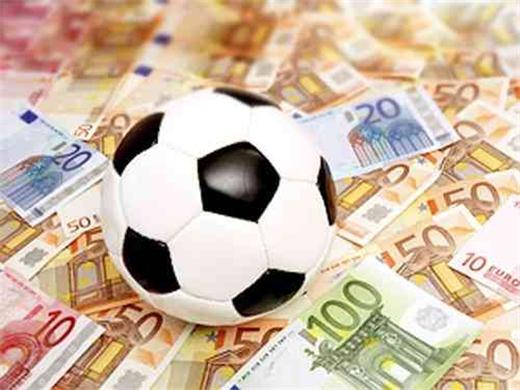
Duty to report
One of the sore points for many involved in the field of sports was the fact that no law was included to ensure that witnesses of match-fixing were kept anonymous and as such protected.
The law now states that any person who has knowledge of corruption has a duty to report to the police within 14 days and if he fails to do so will be guilty of an offence.
Bonett pointed out: “We know match-fixing happens but no one ever approached me” and, as he explains, it is most probably out of fear since it involves criminals. “We had proposed something at task force level which was not accepted as it would probably change the landscape of Maltese law… however I am not sure anonymity would help people come forward. I am a bit cynical and would have to see it in action to see if it works – maybe there would still be fear.”
“Sometimes it is obvious who the anonymous person is since we live in a very small country and especially in these circles they are much smaller. I know most people involved in football from players to administrators.”
The new law applies a whistleblower argument, which basically says that if one committed the crime and provides information that helps the police arraign people then the person will be cleared of his wrongdoings. What has changed is that now the person needs to come forward before he is charged.
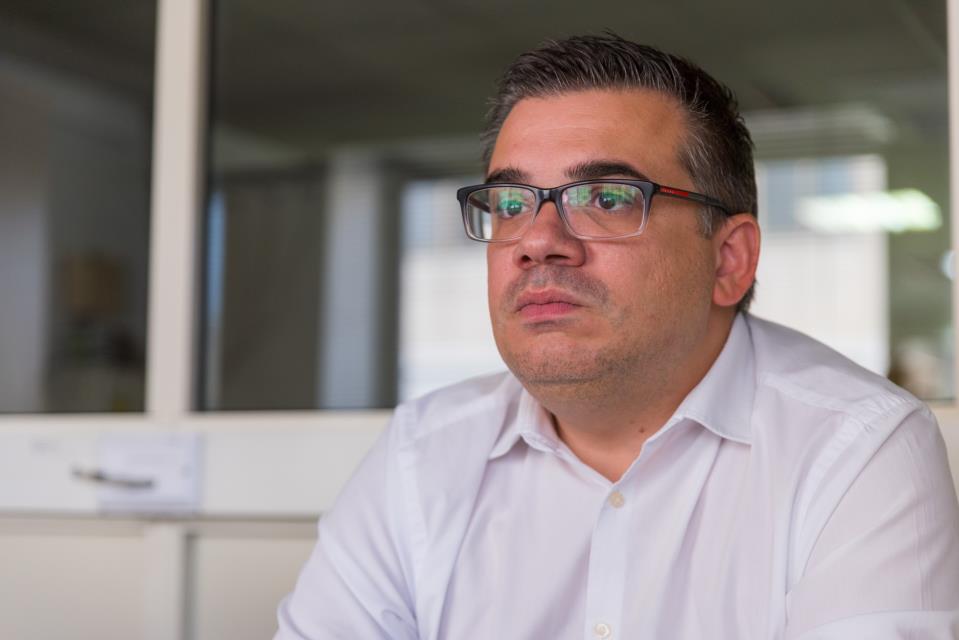
Sports Integrity Unit
A body corporate known as the Sports Integrity Unit now also forms part of the new law. One of the Unit’s numerous functions is to collect and analyse information about suspected cases of manipulation of sports events. It will also act as an information hub and coordinate the fight against sports corruption.
Bonett said that now that the law has been enacted he is working on forming the Unit. Since the Unit will need a budget and will probably start working in January 2019. He explained that the task force will meet again to discuss a legal notice stipulating the details of the Unit: how it is composed, how it will be run and how it is going to work.
“My idea was to convert the task force in the integrity unit because you have all the stakeholders already in it. The people I have worked with up till now have all been excellent and wanted this to happen. We all love the sport and the political background of each individual has not come into it at all. Unfortunately, it is something that we love which is being used for criminal gain.”
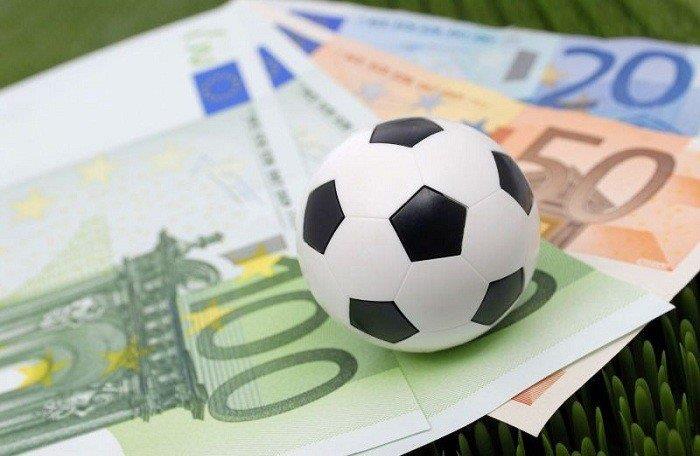
Could money laundering be involved?
Many rich foreign and Maltese businessmen invest in local clubs which do not render much money so could money laundering be involved?
Bonett replies that now perhaps there is a reason why these people choose to invest in local clubs as a new legislation now allows football clubs to start making a good income through the commercialisation of facilities.
There are also foreign agents investing in local clubs. These get their own players from abroad, in a European jurisdiction where there is some visibility and move them into the European market.
"Although passion plays an important role for some of these investors, I cannot exclude that some people invest in Maltese football for money laundering,” Bonett concludes.
The investigation of these types of people lies squarely with the MFA: "The MFA has to know what types of people are going into its game. They carried out an exercise in due diligence but much more can be done."